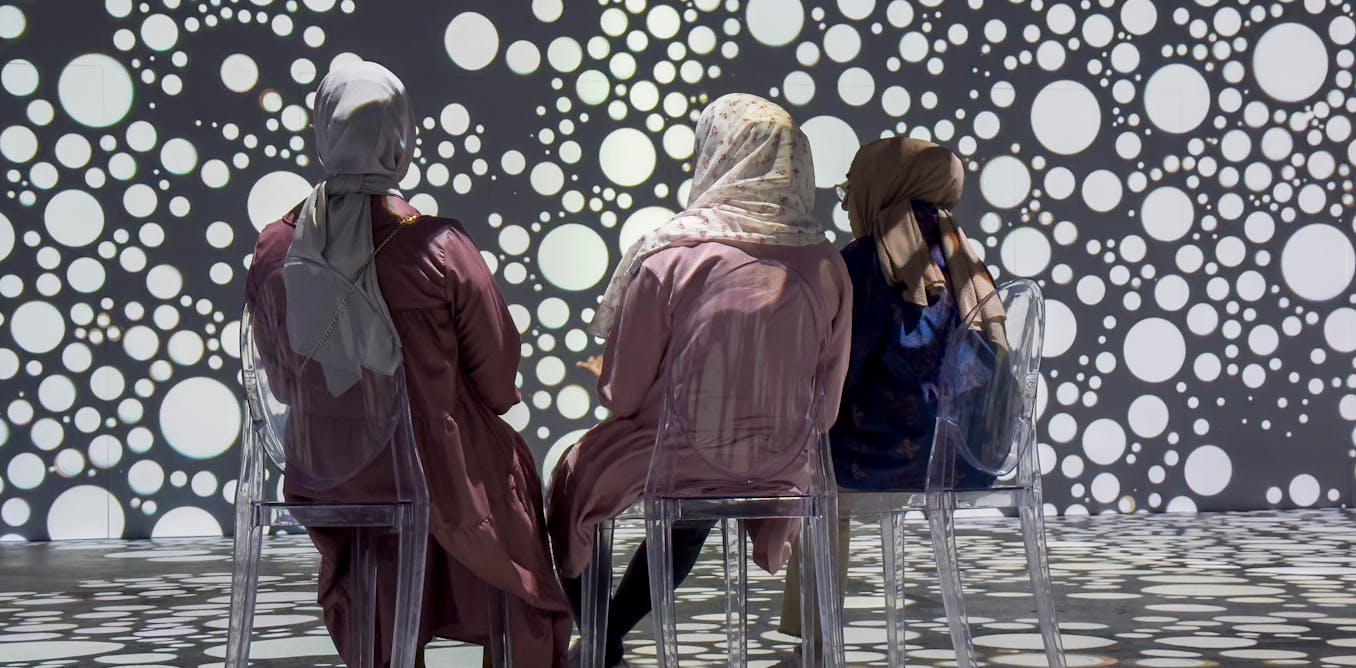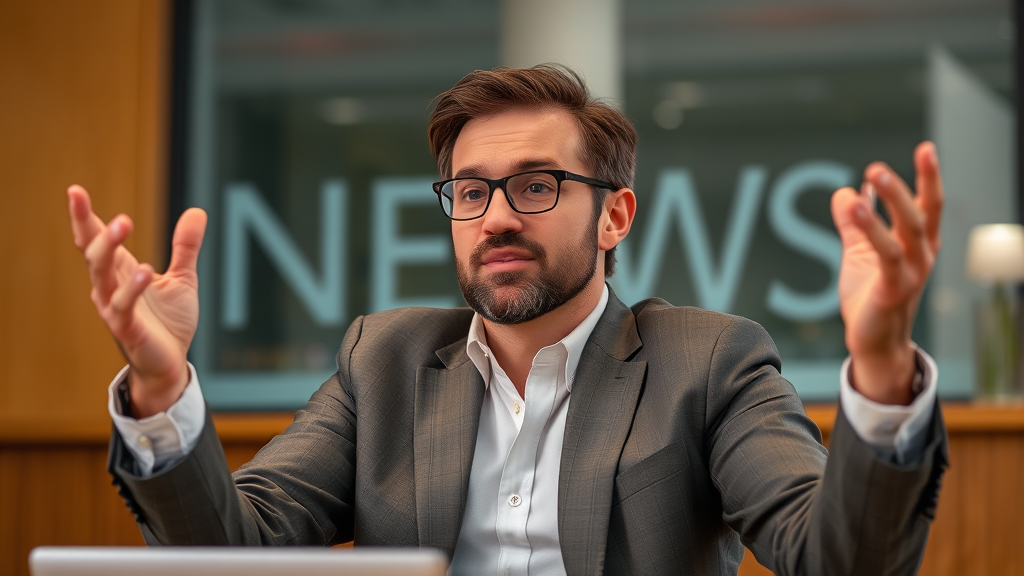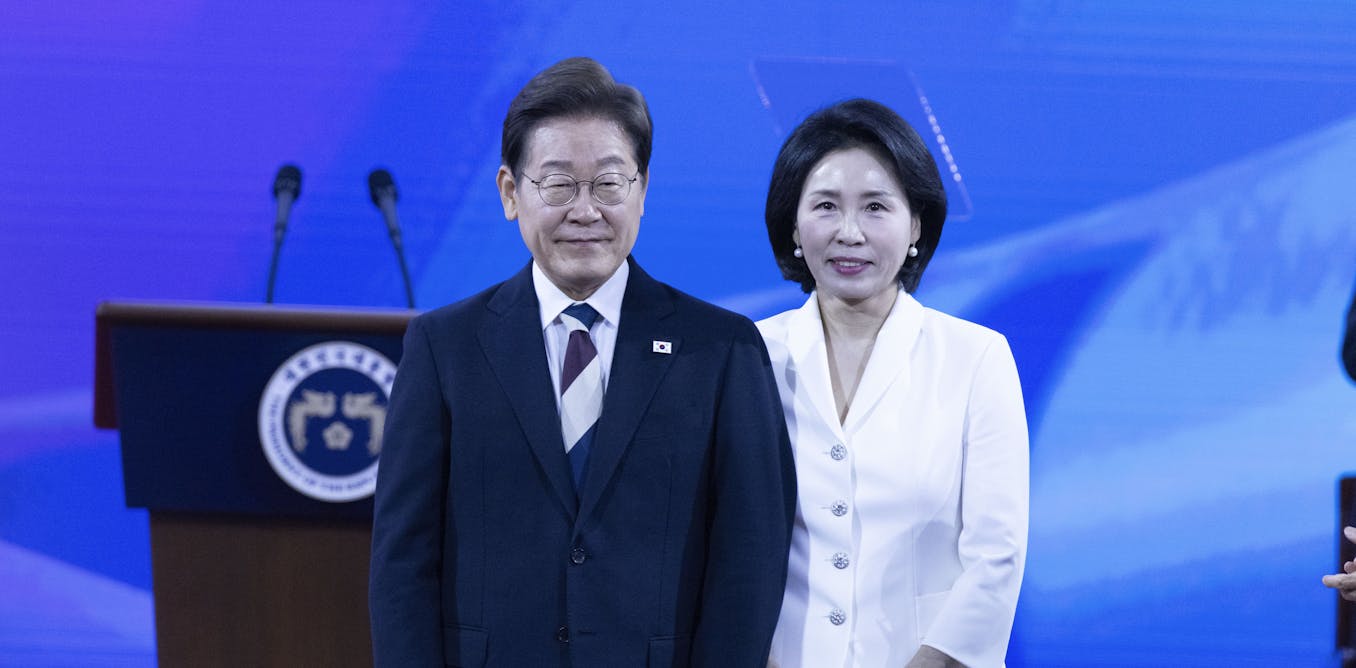Now Reading: Chagos islands: how Mauritius can turn a diplomatic triumph into real economic growth
-
01
Chagos islands: how Mauritius can turn a diplomatic triumph into real economic growth
Chagos islands: how Mauritius can turn a diplomatic triumph into real economic growth

The enduring Chagos islands conflict has now progressed to a fresh phase. The UK has officially agreed to restore the ownership of the archipelago to Mauritius. These Indian Ocean islands hold a significant position near crucial shipping routes and regional power centers. Mauritius obtained independence from British colonial rule in 1968, but the Chagos islands, once part of Mauritius, became a new colonial territory. The inhabitants of Diego Garcia, the largest island in the archipelago, were forcibly displaced as the land was utilized as a base to aid US military operations.
Mauritius has now reclaimed authority over the islands while leasing Diego Garcia to the UK for 99 years at a rate of US$136 million annually. This arrangement provides the UK (and its US ally) access to a vital maritime corridor for global trade and power projection. With the agreement in place, a crucial question arises: Can Mauritius utilize this as a foundation for justice and economic advancement?
Experts in strategic economic development, with a particular focus on Africa and Mauritius, view this agreement as a significant geopolitical milestone. It corrects a historical injustice, upholds international justice, and solidifies Mauritius’s global standing. Moreover, it offers an opportunity to finance inclusive development and sustainability initiatives for Mauritius, potentially enhancing investments in education, healthcare, infrastructure, resettlement of displaced Chagossians, marine conservation, renewable energy, and climate resilience programs in the archipelago.
The main challenge for the Mauritian government is now to translate this diplomatic success into tangible national progress. This necessitates a forward-thinking and inclusive strategy. While reparations can provide immediate financial relief, visionary planning is essential to prevent the absorption of funds into recurrent government expenditure or symbolic programs with limited impact. The real value lies in strategic investments in sectors like the blue economy, renewable energy, digital infrastructure, and sustainable tourism. Mauritius should capitalize on partnerships with regional neighbors, international donors, and key allies to position itself as a forward-looking global player.
To ensure long-term transformation, Mauritius must utilize reparations as seed funding for its future. This entails driving bold initiatives for a more resilient, innovative, and globally competitive economy. The country’s heavy reliance on offshore services and short-term fiscal gains poses vulnerabilities that can be mitigated through diversification, addressing youth unemployment, climate risks, technological progress, and global financial sector scrutiny. By focusing on investment in green energy, digital infrastructure, manufacturing, and workforce development, Mauritius can foster self-sustainability and competitiveness in the global arena. Strengthening economic diplomacy, alliances, and regional leverage can further bolster Mauritius’s position as a reliable partner on the international stage.






